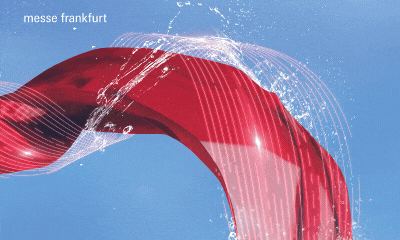Cornell Study Finds Differential Benefits to Hotels Marketing Expenses
|
Catégorie : Monde - Économie du secteur
- Chiffres et études
Ceci est un communiqué de presse sélectionné par notre comité éditorial et publié gratuitement le jeudi 06 novembre 2008
The benefit of hotel marketing expenditures depends in part on the hotel's market segment and in part on the type of expenditure. An analysis of marketing expenditures published in the November 2008 issue of Cornell Hospitality Quarterly shows that the return on marketing expenses depends in part on the hotel's product segment, or chain scale. The article, “The Relationship of Sales and Marketing Expenses to Hotel Performance in the United States,” is the featured article in the current Cornell Hospitality Quarterly, and is available for download from the Center for Hospitality Research at http://www.hotelschool.cornell.edu/research/chr/pubs/quarterly/featured/. The full Quarterly is available from Sage Publishing (http://www.sagepub.com/).
The article's authors, John W. O'Neill, Bjorn Hanson, and Anna Mattila, analyzed the marketing budgets of 2,815 hotels located in the United States. They found that return on marketing expenditures depends in part on the type of expenditure and in part on the type of hotel. For example, the study found that luxury, upper upscale, upscale, independent, and midscale hotels enjoyed a significant, positive connection between expenses connected with loyalty programs and net operating income. The authors suggest that this shows the importance of customer loyalty in the hotel industry. Another marketing expense, franchise fees, boosted income primarily for mid-market hotels, the study found, most likely indicating the importance of brands for midscale hotels.
At the same time, certain expenses are associated with lower operating income for some hotel types. The study found a significant, negative relationship between marketing payroll expenses and income for economy hotels, for instance. In contrast, some hotels benefited from higher marketing payroll expenses (notably, luxury and upscale properties). Overall, O'Neill and his coauthors concluded that their study shows the importance of so-called “marketing, other” expenditures to hotel income, but it also shows that hotel managers need to analyze the effect of each type of expense.
O'Neill and Mattila are on the faculty at The Pennsylvania State University, while Hanson is at New York University.
|
|






